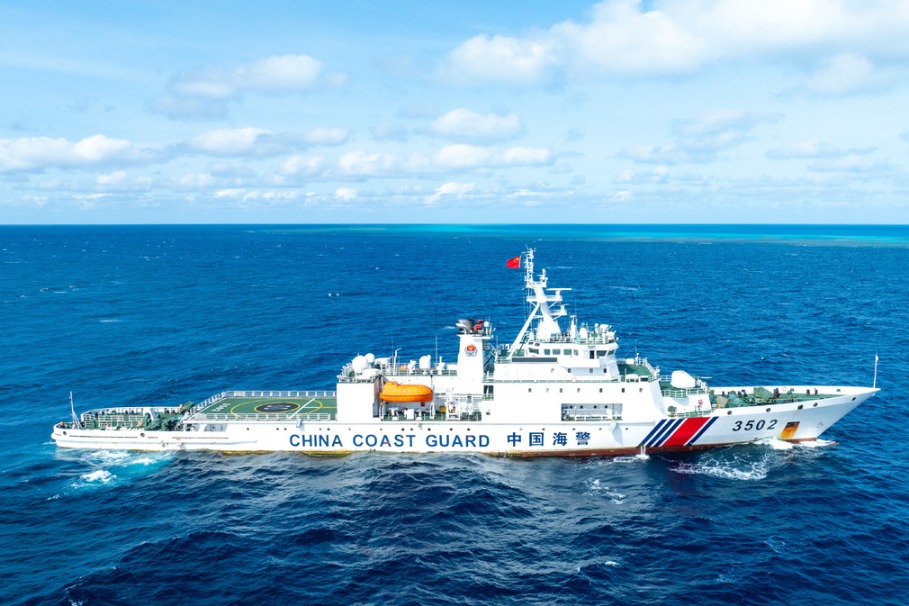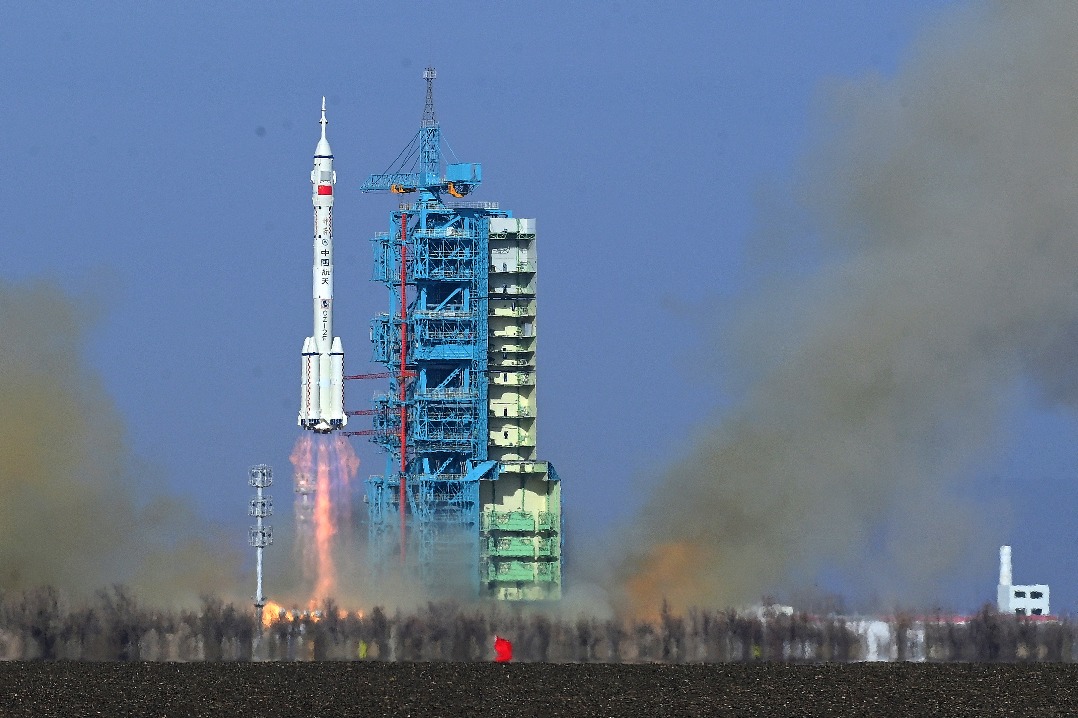Chinese scientists develop sponge that can separate oil and water

SHENYANG -- Chinese scientists have developed an artificial sponge material that can separate oil and water to be used for treating water contaminated by industrial sewage.
A paper on the research undertaken by the Institute of Metal Research under the Chinese Academy of Sciences was published on the latest issue of the international journal Advanced Materials Interfaces.
The porous material made with nano-crystalline cellulose and graphene composite has a high absorption capacity. It is 97 percent effective in water and oil separation, according to Liu Dongyan, a researcher with the institute based in Shenyang, capital of North China's Liaoning Province.
Liu said that industrial sewage contains various oils and organic components that are ecologically hazardous once mixed with water. The new material provides a low-cost industrial sewage treatment solution.
She explained that the base material of the polyurethane sponge is cost-effective. Only the small amount of graphene in the coating is still expensive.
However, with the increasing production of graphene in China, the price would gradually come down.
- Chinese president appoints new ambassadors
- Mainland spokesperson underscores significance of Xi's remarks on Taiwan in phone call with Trump
- Mainland slams Lai Ching-te for 'disgusting' support of Japanese PM's Taiwan remarks
- China's top legislator meets Tonga's king
- DPP warned against self-destructive military pursuit of 'independence'
- China's space agency unveils plan to boost commercial growth, international cooperation





































